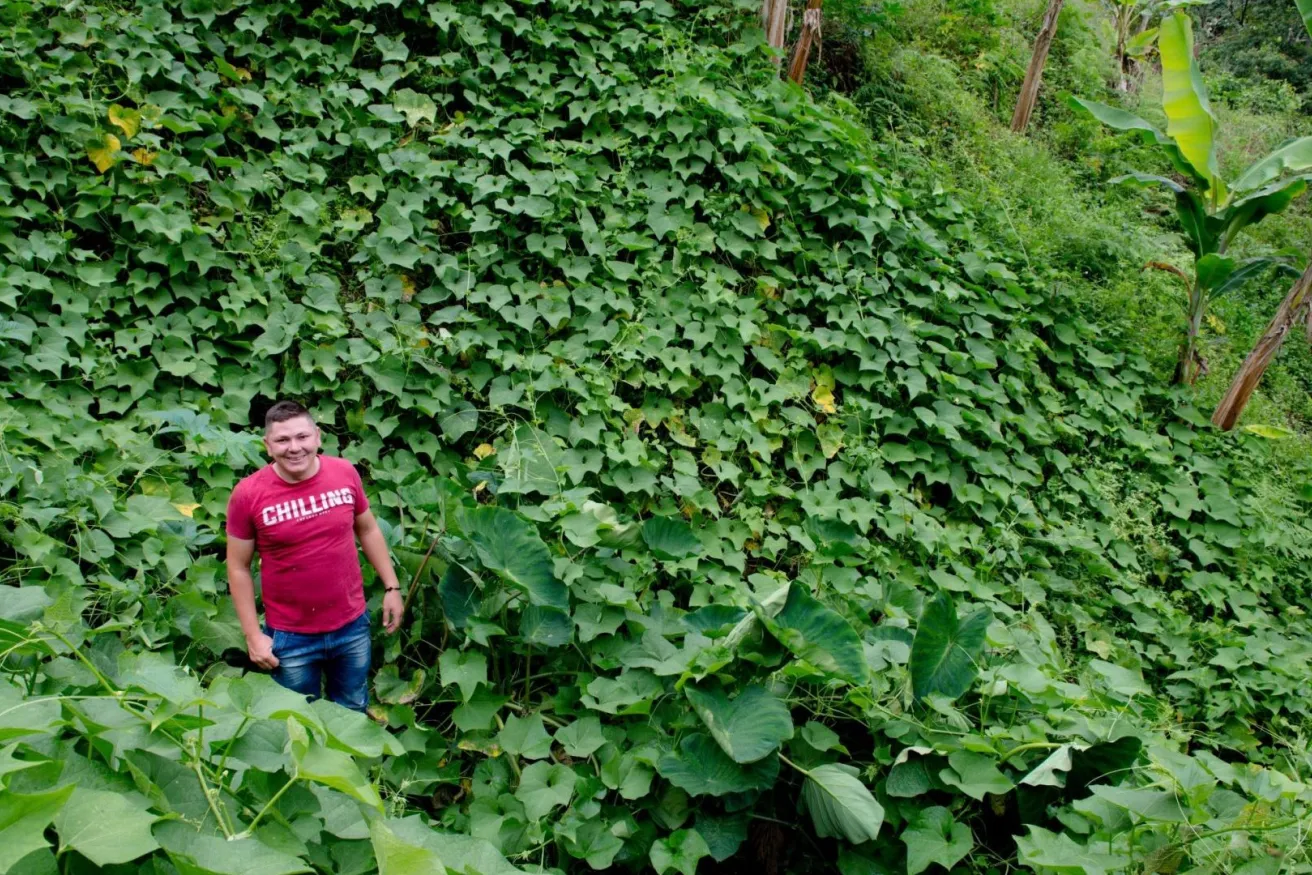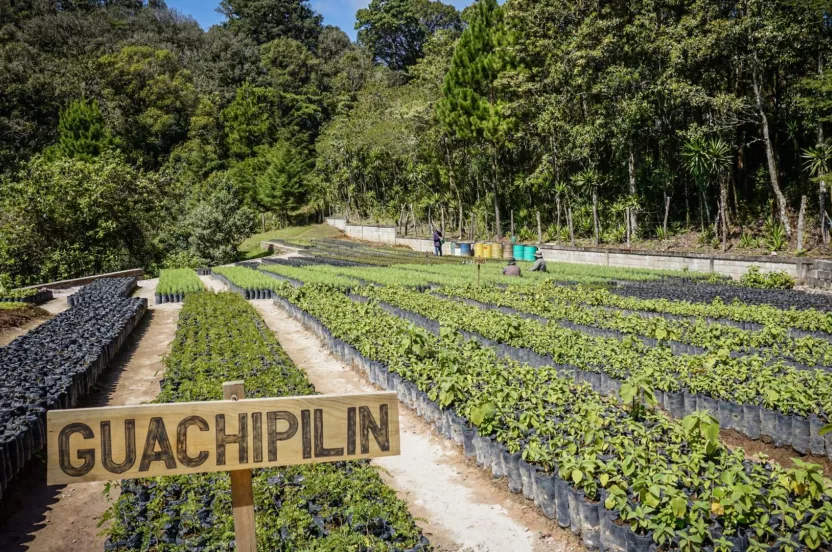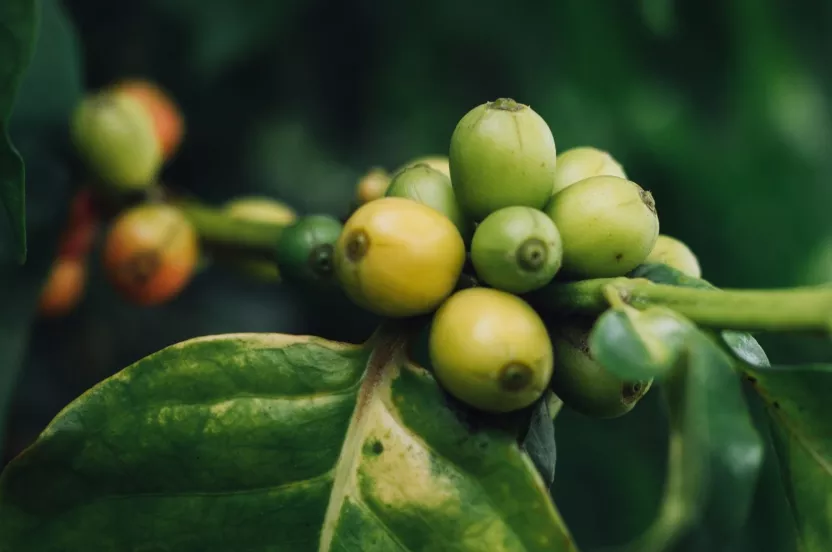Now live: The 2025 Canopy Report. Learn how Americans see trees. GET THE REPORT
The Covid-19 pandemic has brought challenges to everyone. As they say, we are alone in this together. Yet coffee continues to bring us together on a global scale and reminds us that the entire world, every country and culture on this planet, has seen drastic challenges and successes of people coming together to tackle the health crisis in their communities.
We work directly with coffee farmers around the world and have kept in touch with them during the pandemic. They have faced many challenges including shutdowns, labor restrictions, and transportation issues.
How the Pandemic has Affected Labor
In March, Guatemala closed its borders to Mexico, creating issues with labor, even though 85 percent of the nation’s crop had already been harvested. In Colombia, more than 50 percent of those employed in the coffee sector are not formally recognized, so if they are restricted from work, they have no money to take home at the end of the day.
In Brazil, in the early months of the pandemic, the country had problems with shipping. Most shipping containers pass through China, delaying the delivery and shipments of coffee out of Brazil. By the end of March, most coffee producing countries declared states of emergencies and shut down their economies.
Human Migration Resulting from the Syndromes of Production
Although the coffee industry is generally considered essential business around the world, the lack of labor has been a challenge for harvesting coffee, along with finding buyers and places that are open to serve coffee. As many of us have seen firsthand, cafes, hotels, and restaurants have been closed for several months, shifting coffee drinking from public places to the home.
Shade-Grown Eases the Challenges During the Pandemic
Amidst all these challenges, one thing continues to stand out: shade-grown coffee. This unprecedented time highlights the critical role trees place in providing a spiritual, economic, and environmental “buffer” against the effects coronavirus has on coffee growing communities.
Coffee producers and those employed in the coffee sector of producing countries are considered essential workers, but during the months of March and April, there were countries that almost entirely shut down. In some countries, the need for daily wage earnings can mean the difference between having food on the table or going without meals for the day.
The Future of Coffee in Brazil is Shade-Grown
The benefit that has come to light with many of our farmers is the diversity of fruit trees, vegetable gardens, and other natural food sources that help maintain their food security by continuing to farm. Trees also provide fuel and construction materials, allowing them to be more self-sufficient. Not to mention, trees help Arbor Day Coffee taste better.
Learn more about Arbor Day Coffee here.




